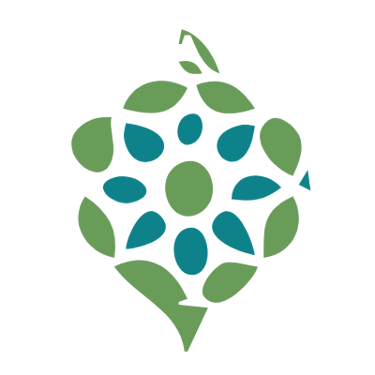My Writing Story
Making sense of this life though my career skills and experience
WRITINGBOOK PUBLISHINGMENTAL

Developing insight is exciting. It is like exploring an alien landscape. I can easily spot characteristics in others, but it becomes difficult to distinguish how I present in interpersonal relationships. Similarly, I love helping others realize their own internal processes and motivations.
The mechanisms of the mind are fascinating. I view a diagnosis as a map to use in order to find a resolution to a difficult problem, not as a label. I would rather not use labels, honestly. People are not their diagnoses; they are human beings with complicated inner parts that function in coordination.
Telling one's story attaches meaning and purpose. Writing my own helped develop a sense of empowerment. I have stronger confidence in owning my history. Narrative therapy is a modality that often helps people to heal from troublesome past lives. Mine never became about reliving personal experiences, only a way to understand. When I wrote about my life, I had to take that thorough analysis into an unexamined interior world, complete with monstrous inner struggles; then retell stories of hurt, pain, or triumph. During this process, those who hurt others became a little more human. This process also helped clarify my humanity. I now have authored novels in the query stages of publishing.
Journaling is not a foreign concept, since it was ingrained in education settings during my developmental years. To survive college, I learned to write up to 65-page technical reports on detailed chemical reactions using research style formats, such as with many complicated technical jargon and graphs. As a youth, I wrote hundreds of poems and published them in those magazine scams that elicited poems. These were the publishing scams you could find in the back of magazines that had you send in your poem to a fake contest. Then, the scammers told you won and sold you your own poem, along with thousands of other suckers. I was still proud to be in ink, however.
What does one do when they do not fit in? Brene Brown's work on belonging versus fitting in has an excellent description, as belonging allows a person to be themselves authentically while fitting in means a person blends in through adapting, perfecting, and performing. What happens when someone cannot do either? They either become something they are not entirely, or they rebuff the social norms and purposefully defy the rules. I rewrote the rules.
The caption picture perfectly represents the internal world and how I view myself in relation to the external: odd. Not fitting in hurts until exclusion becomes a lifestyle. Now that I work in this profession, I am finding out just how widespread segregation is. When I ask a room of people who feel judged, oppressed, and unworthy, most hands usually go up.
The lesson I have gained from all this: we all share commonalities of pain, anger, sadness, along with joy and accomplishments. These are the experiences of what it means to be human. Feeling these emotions to our capacity makes us such, and bypassing those feelings causes more grief. It is that evasion in which addiction, depression, anxiety, and many other harmful disorders are born. Allow grace and accept your beauty. We are perfectly flawed.
